Experience relaxation and peace in your Cotswold backyard with our proven mosquito control solution. Trusted by families in Cotswold, our innovative approach not only repels mosquitoes but also establishes a durable barrier customized to your outdoor environment. Mosquito Shield of East Charlotte is dedicated to creating mosquito-free zones, so you can enjoy your outdoor spaces without interruption.
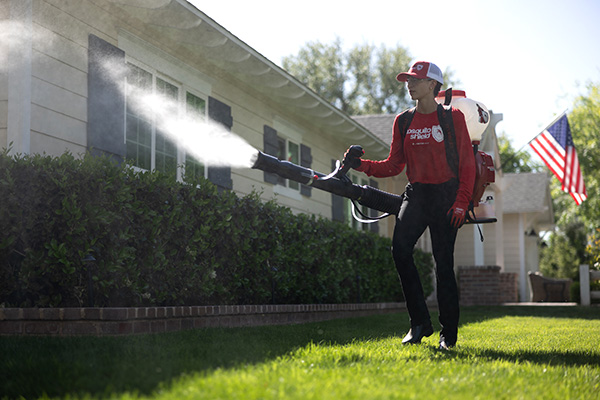
Effective mosquito control in Cotswold, NC, that drives mosquitoes away and keeps them out of your yard.

Enjoy mosquito-free outdoor time in Cotswold with treatments designed to provide lasting results.

Highly rated mosquito control services in Cotswold, NC, trusted by residents to enhance outdoor living.
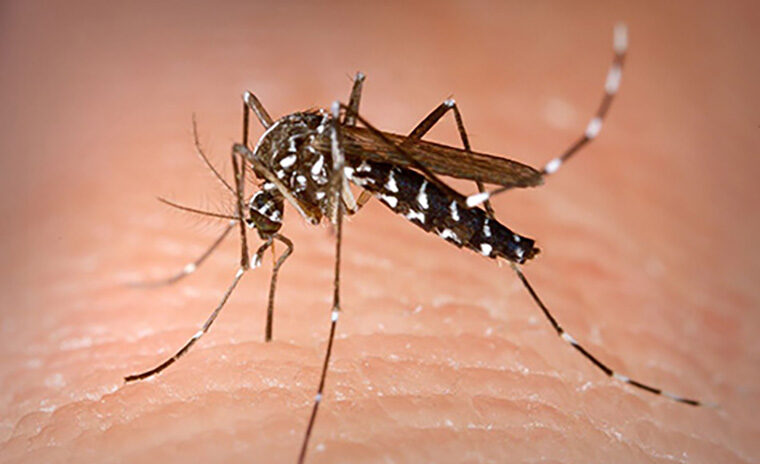
Identification: Small, black mosquito with white stripes on legs and a lyre-shaped pattern on its thorax.
Habitat: Frequently found in suburban Charlotte neighborhoods—breeds in containers like plant trays, kids’ toys, and clogged gutters.
Behavior: Aggressive daytime biter; targets humans.
Health Risks: Known carrier of Zika virus, dengue, and chikungunya.
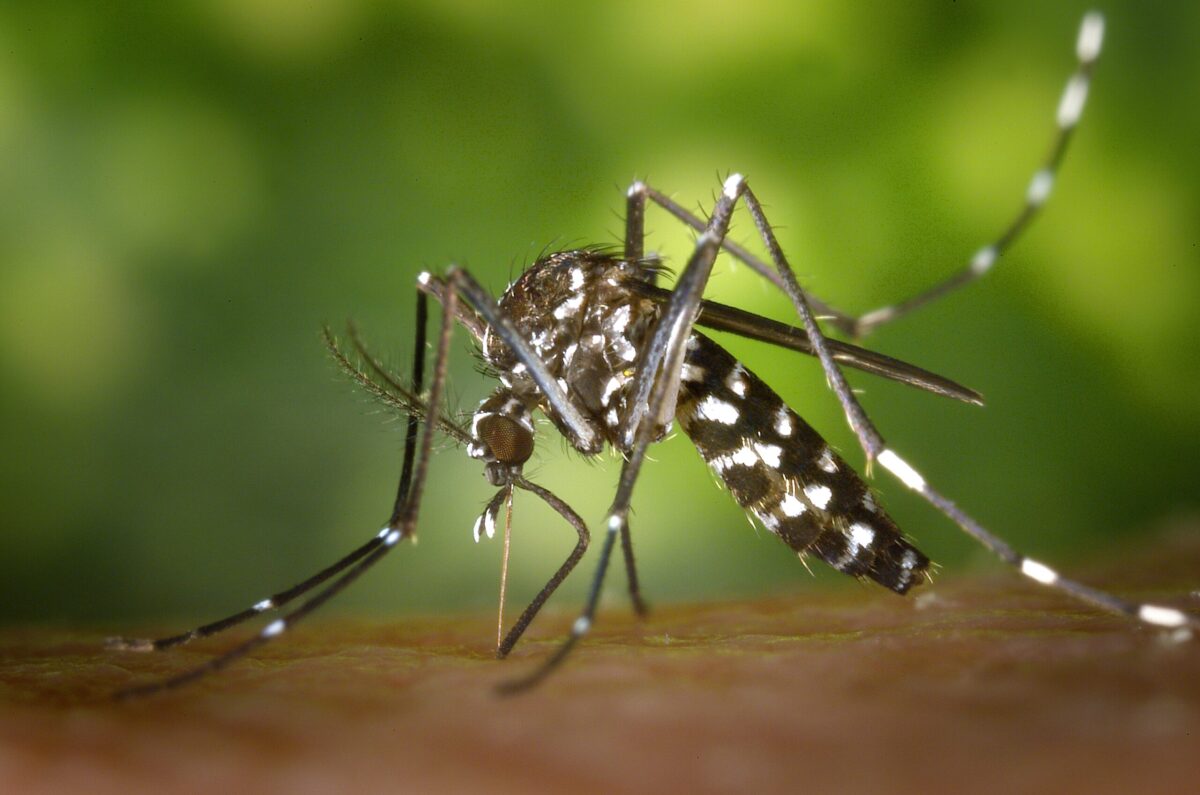
Identification: Black with a distinct white stripe down the back and banded legs.
Habitat: Common across shaded areas in Charlotte like Freedom Park, wooded backyards, and tree-lined sidewalks. Breeds in small, water-holding containers.
Behavior: Active during the day; often bites around ankles and legs.
Health Risks: Potential vector of West Nile, Zika, and dengue viruses.
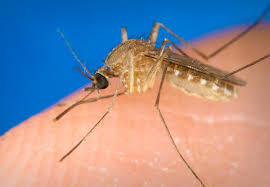
Identification: Light brown body with darker, narrow bands on the abdomen.
Habitat: Found in stagnant water sources across Charlotte—storm drains in Uptown, retention ponds, and neglected birdbaths.
Behavior: Nocturnal biter; often enters homes.
Health Risks: Main vector of West Nile virus in North Carolina.
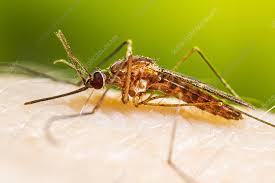
Identification: Medium-sized, with four dark spots on each wing; rests with body at a 45° angle.
Habitat: Prefers clean, slow-moving water like those found near the Catawba River or in South Charlotte retention basins.
Behavior: Most active at dawn and dusk.
Health Risks: Historical malaria vector; known for persistent biting in rural and semi-wooded neighborhoods.

Cotswold, North Carolina, is a charming and upscale neighborhood in southeast Charlotte, known for its tree-lined streets, boutique shopping, and a blend of classic and modern homes. Conveniently located near Uptown Charlotte, Cotswold offers residents easy access to the city while maintaining a peaceful, suburban vibe. The area is home to beautiful green spaces such as Cotswold Park and nearby McAlpine Creek Greenway, but its lush landscaping, mature trees, and seasonal rains create the perfect breeding grounds for mosquitoes and ticks, especially in the warmer months.
Cotswold’s mix of residential yards, shaded walkways, and pockets of dense greenery makes it a prime area for mosquito populations to thrive without proper control.
Cotswold residents face seasonal threats from mosquito-borne illnesses such as West Nile Virus and Zika Virus, along with tick-borne concerns like Lyme disease and Rocky Mountain Spotted Fever—all of which are found in North Carolina’s wooded and humid regions. These risks emphasize the importance of regular mosquito and tick management, especially in a walkable, outdoor-friendly neighborhood like Cotswold.
To address these challenges, the community has adopted practices such as:
Encouraging homeowners to eliminate standing water in planters, gutters, and decorative features.
Promoting routine mosquito and tick treatments for homes, greenways, and shared outdoor spaces.
As a trusted mosquito control provider, we work with Cotswold homeowners and property managers to apply targeted treatments and provide expert recommendations. With consistent service and neighborhood awareness, Cotswold can continue to enjoy its signature blend of urban elegance and natural beauty—without the bugs.

Cotswold’s warm, humid climate drives pest activity for much of the year. Long summers and regular rainfall create ideal mosquito breeding conditions in everything from backyard fountains to shaded puddles. Ticks become most active in spring and fall, especially in bushes, mulched beds, and woodsy backyards. While winters are milder than in northern states, pests can remain active during warmer spells, making seasonal pest management essential.
Mosquitoes and Proximity to Natural Features: Cotswold Park, McAlpine Creek, and neighborhood water features increase mosquito activity during peak months.
Ticks and Dense Vegetation: Landscaped yards, dog walking paths, and overgrown hedges are common tick hotspots in this residential area.

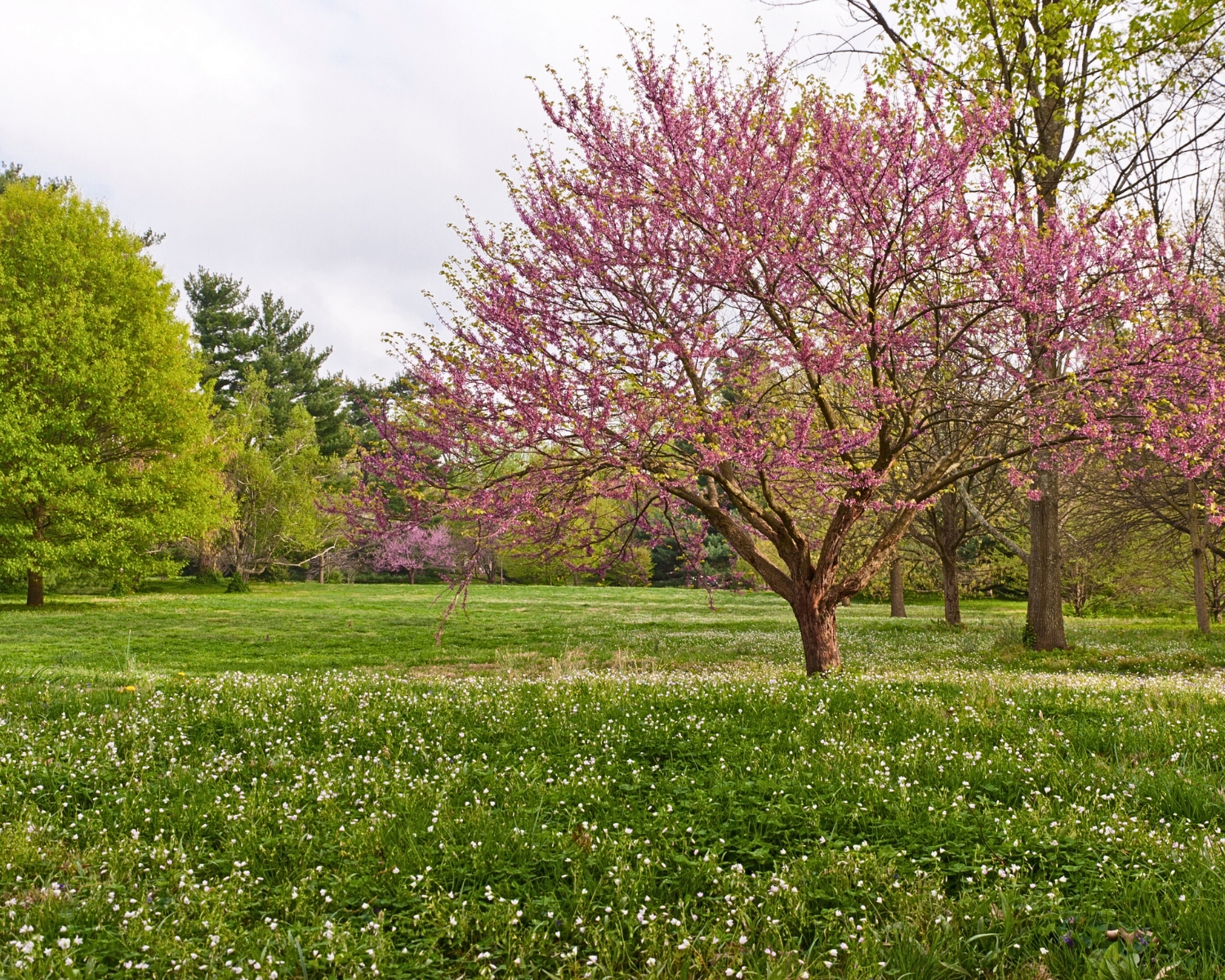
Key Activity: Mosquito season begins as temps warm and rain picks up.
Breeding: Standing water from spring showers and lawn irrigation fuels early hatching—especially in South Charlotte and Ballantyne neighborhoods.
Common Species Active: Aedes aegypti and Culex quinquefasciatus.
Behavior: Biting increases at dawn and dusk as populations ramp up.

Key Activity: Peak mosquito season in Charlotte—hot temps and heavy thunderstorms are ideal for breeding.
Breeding: Backyard puddles, storm drains, pool covers, and planter trays become hotspots.
Common Species Active: Aedes albopictus, Aedes aegypti, and Culex quinquefasciatus.
Behavior: Biting is frequent both day and night—outdoor activities often require planning around mosquito pressure.
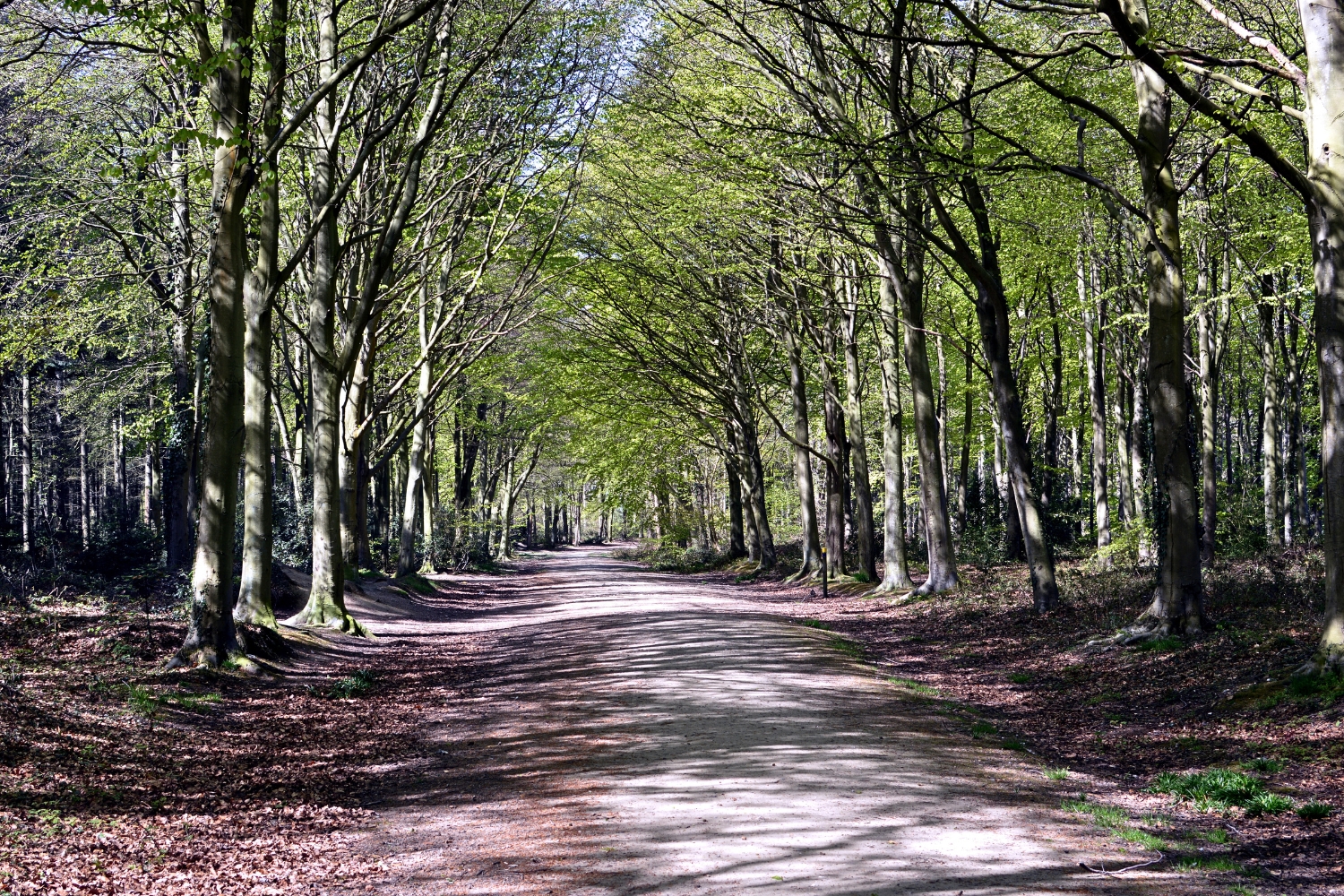
Key Activity: Activity tapers but lingers into late fall, especially after mild days.
Breeding: Continued rainfall and yard runoff support limited reproduction.
Common Species Active: Remaining Aedes and Culex species.
Behavior: Biting persists on warmer afternoons—especially near wooded areas like Reedy Creek Park.

Key Activity: Mosquito activity slows significantly, though not gone entirely.
Eggs: Aedes eggs persist in dry containers and hatch after the next warm, wet event.
Adults: Culex mosquitoes overwinter in protected places like crawlspaces or basements.
Behavior: Expect brief activity during warm spells or post-rain days in February.
